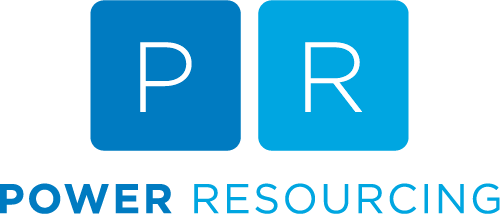So where do you start when you know you want to be doing something else, but aren’t quite sure what that something else should be?
It’s a good idea to make a comprehensive list of your skills and what interests you, as a starting point. But you should also think about what really motivates you and what your priorities are. For example, your main priority might be money, in which case the private sector might be your preference; or if you find yourself more motivated when you can be creative, then you might seek out roles that offer this kind of freedom.
If you’re stuck for ideas, you could always look at the government’s own National Careers Service search tool – which was particularly popular back in October, after Chancellor Rishi Sunak said that people from all walks of life are having to adapt for employment.
But what if you’re looking to secure your first job after university? As with any such decision, listing your interests, skills, motivations and priorities is a good starting point. However, when you haven’t much if any experience of work, it can be hard to know what might really interest you as a job. So you might find it useful to get some work experience before you commit too much time.
Contacting companies directly and speaking to the HR team about work experience, is a good idea – tell them what kind of role you are interested in and why you would like some experience specifically with their company. This will put you on the company’s radar and even if they can’t offer you any experience, you might get a call when they are in a position to; and if you do manage to get some work experience, it will give you a good idea of whether that company or type of role really does interest you or not – plus when they are recruiting you may well get a call!
There are various online tools that can help you with choosing a career, such as the Prospects Career Planner, but the most important thing is to take the time to try and understand yourself. You could try listing various skills and then making a note of how proficient you are with each one and what experience you have to back that up, or you could even do a SWOT analysis (where you list your strengths, weaknesses, opportunities and threats).
As Alison at Power Resourcing says: “Whatever tools you use to help you, the most important thing is to be true to yourself. The National Careers Service tool suggested that I could retrain as a Criminal Intelligence Analyst (!) but I know I much prefer to use my interrogation skills and attention to detail to really understand people and help them find their dream roles”.
